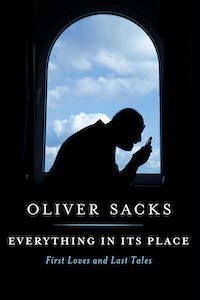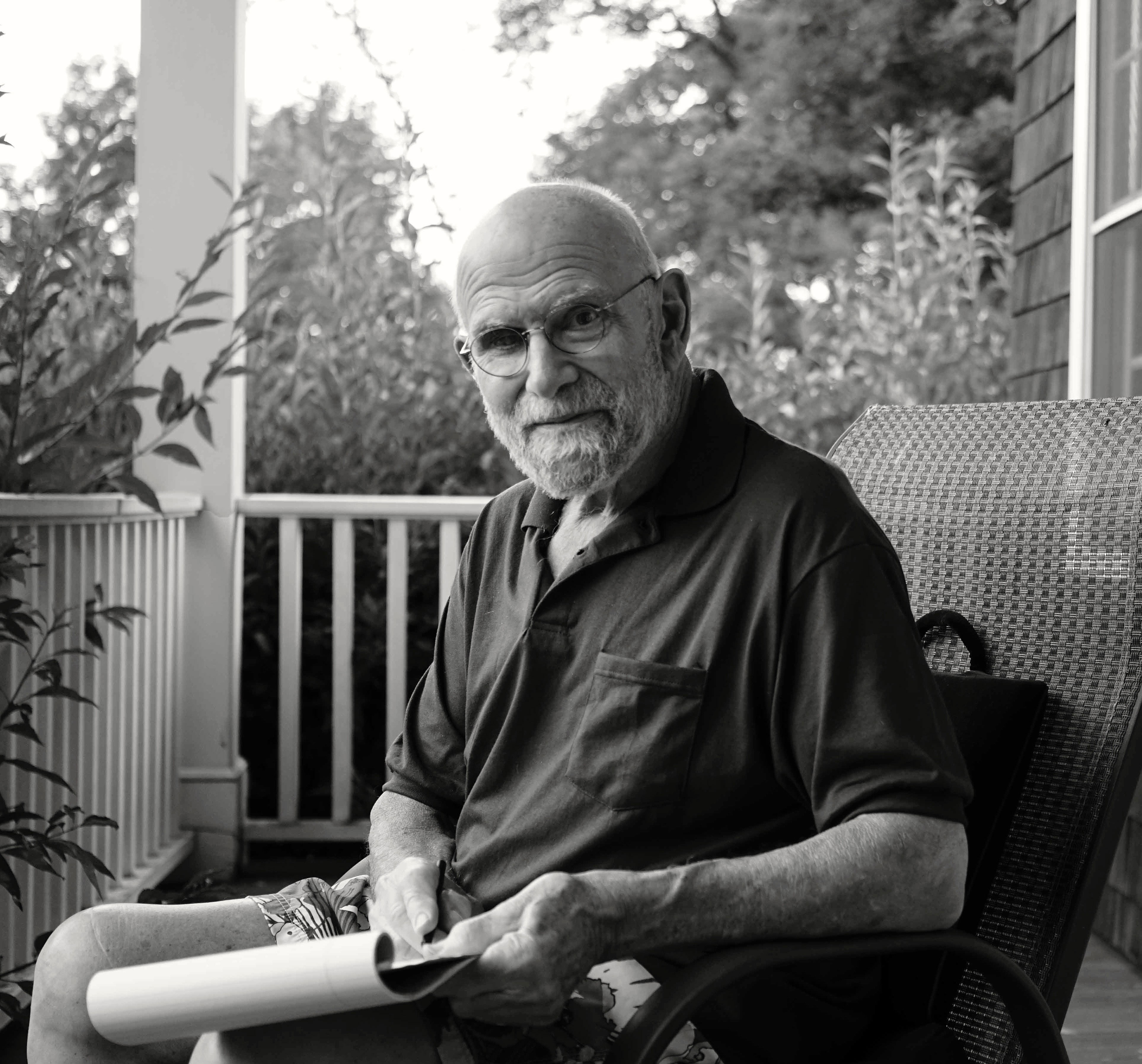


Everything in Its Place gives us an intimate portrait of a master writer and thinker at work. In counterpoint to these elegant investigations of what makes us human, this volume also includes pieces that celebrate Sacks’s love of the natural world – and his last meditations on life in the twenty-first century.

In this spirited volume, Oliver Sacks examines the many passions of his own life both as a doctor engaged with the central questions of human existence, and as a polymath conversant in all the sciences. In several of the compassionate case histories collected here, Sacks considers for the first time the enigmas of depression, psychosis, and schizophrenia, and in others he returns to conditions that have long fascinated him: Tourette’s syndrome, ageing, dementia, and hallucinations. From the bestselling author of On Gratitude and On the Move. Why do humans need gardens? How, and when, does a physician tell his patient she has Alzheimer's? What is social media doing to our brains? In this spirited volume, Oliver Sacks examines the many passions of his own life – both as a doctor engaged with the central questions of human existence, and as a polymath conversant in all the sciences. I thought of how the library once cherished 'old' books, had a special room for old and rare books and how in 1967, rummaging through the stacks, I had found an 1873 book, Edward Liveing's Megrim, which inspired me to write my own first book.From the bestselling author of On Gratitude and On the Move. But I do not use a computer, and I am deeply saddened by the loss of books, even bound periodicals, for there is something irreplaceable about a physical book: its look, its smell, its heft. Seeing my distress, a librarian reassured me that everything 'of worth' had been digitized. I felt that a murder, a crime had been committed: the destruction of centuries of knowledge. After a mysterious death occurs in their New York City apartment building, Mabel, Oliver and Charles come. Over the last years, most of the books, it seems, have been thrown out, with remarkably little objection from anyone. The comedy series follows three strangers who form a bond over their love of true crime. I was horrified when I visited the library recently and found the shelves, once overflowing, now sparsely occupied. “I had no idea that this was happening―not only in the Einstein library but in college and public libraries all over the country.


 0 kommentar(er)
0 kommentar(er)
